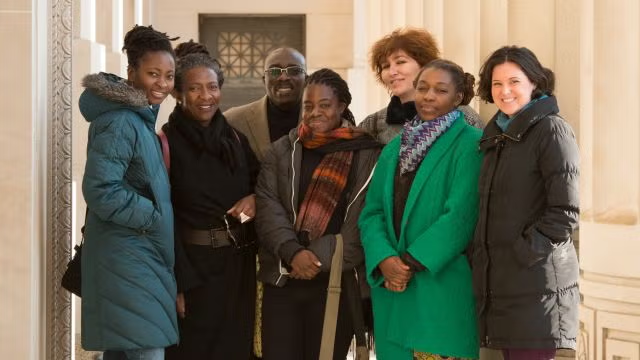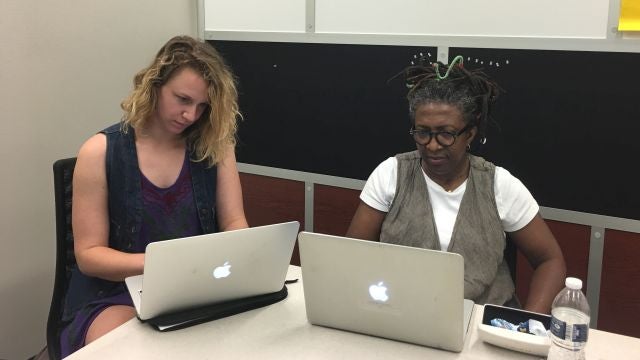Audio-Visual Africa is a research project sponsored by the University of Michigan’s Humanities Collaboratory. We are undertaking a comparative analysis of African audio and visual products through transdisciplinary collaboration involving an ethnomusicologist, a literary scholar, an archival scientist and an anthropologist. The objectives for the project are to:
- interrogate audiovisual resources for inherent significance and meaning;
- employ digital technologies of preservation and facilitating access to enlarge the distribution and use of these materials by broader audiences; and
- realize the potential they contain for rethinking the humanities above and beyond the centrality of text
Our project will necessarily combine assembling audiovisual content, digitize and describe appropriate portions of the combined collections, and create a shared access system that is aware of and can respond to the complexities of ethical cultural heritage management.
Our team is pooling selections from three audio-visual collections of African materials that are in various stages of becoming archives. Kwasi Ampene works on the audio and visual holdings of Manhyia Palace, seat of the Ashanti king in Ghana. Frieda Ekotto is archiving African photographic and cinematic creativity and cultural heritage, especially as produced by female artists in Cameroon, Algeria, and Ghana. Kelly Askew and Paul Conway have worked for years to acquire, organize, and digitize portions of the extensive Leo Sarkisian African Music Archive, which encompasses live audio field recordings from ~40 African countries and radio programs broadcast to Africa for decades by the Voice of America.
This project is but a means to a more significant end; namely, rethinking the theory of the audiovisual archive and its relationship to community memory, particularly in the context of the diversity of African post-colonial nationhood. Our work challenges text-centric and Eurocentric biases in the humanities by exploring the scholarly potential latent in a local-community based orientation toward African audio-visual archives.





